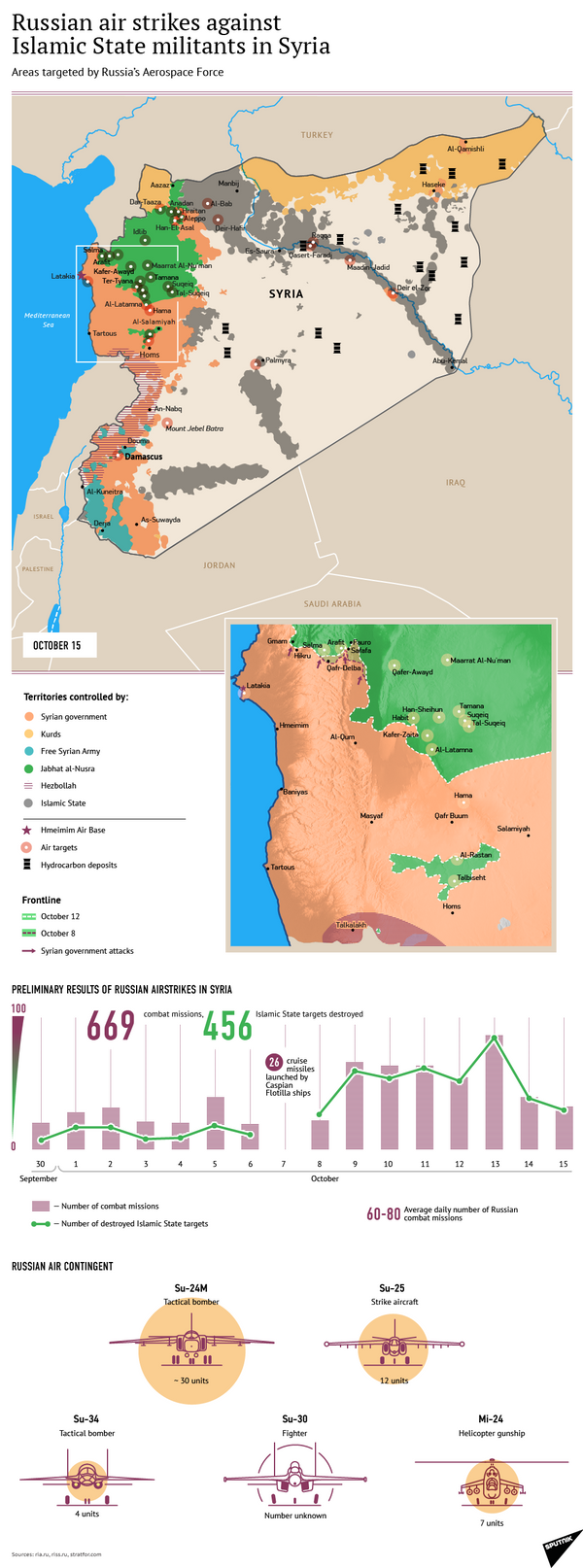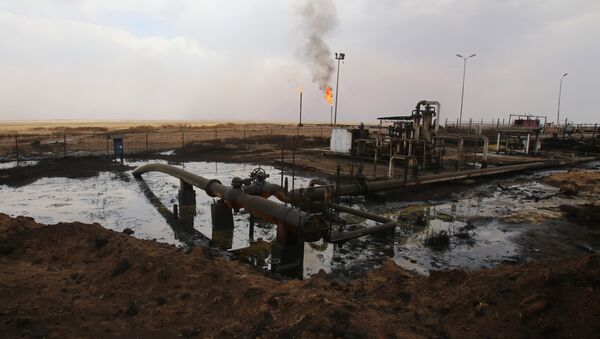Prior to airstrike campaigns, the key approach to dealing with ISIL's illegal business activities involved exerting political pressure on the buyers.
"This method does not seem to be working. There are still those, mainly in Turkey, who purchase oil and petroleum products from ISIL," the analyst explained.
Who is buying oil from ISIS? Who is trading w/them? Yet the West has the arrogance to put sanctions on Russia. #ISIS https://t.co/zN6ZPXUfWM
— A'rachidFidow (@IamFidow) 21 ноября 2015
Recent terrorist acts in France, Turkey and elsewhere, carried out by the radical group, could be the proverbial final straw. Ankara, in Smagin's opinion, could now join those who try to influence buyers of ISIL oil.
On Friday, Russia's Defense Minister Sergei Shoigu confirmed that the Russian aerial campaign undermined ISIL infrastructure preventing the terrorist group from smuggling oil. Unable to deliver 60,000 tons of oil daily, ISIL is losing some $1.5 million per day, according to his estimates.
Russian forces recently destroyed 15 oil storage and refining facilities, as well as 525 tankers.
Smagin believes that Russia's campaign, launched in late September following a formal request from Damascus, is gradually reaching its intended goals.
"ISIL is getting weaker. They are not making any military progress. On the contrary, they are suffering defeat after defeat. Recruiting new fighters has also become complicated," he stated.





